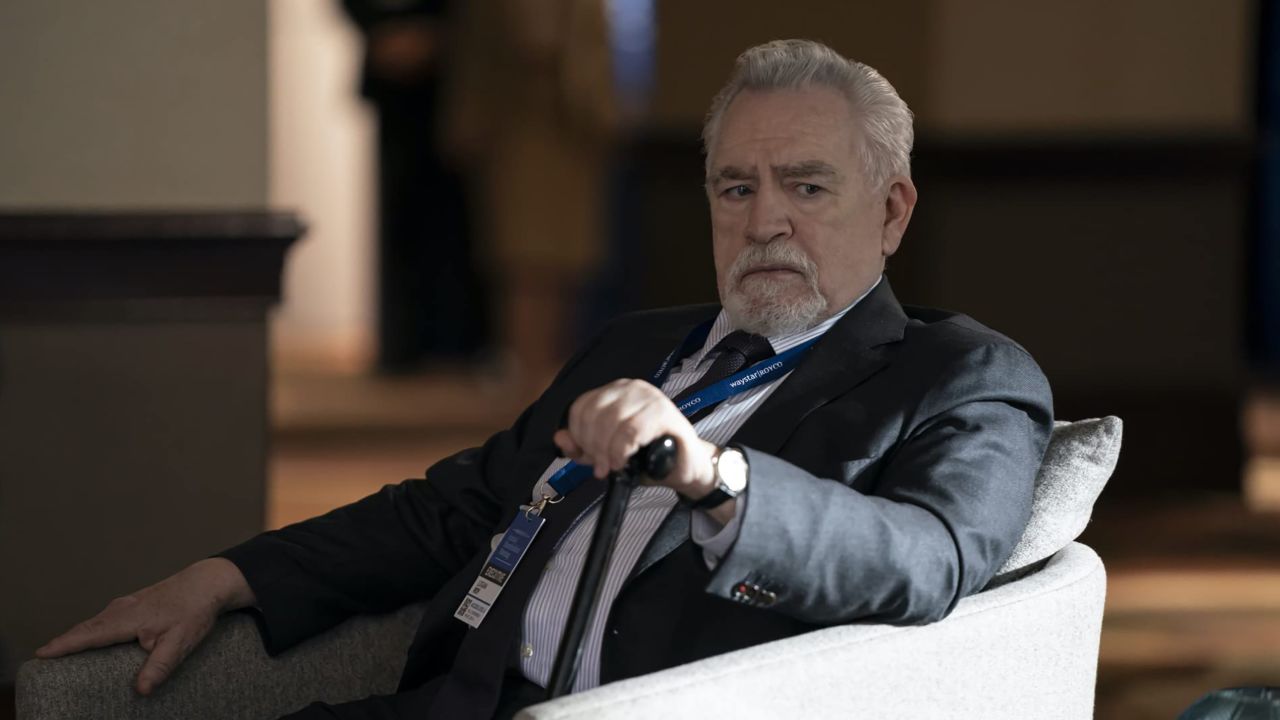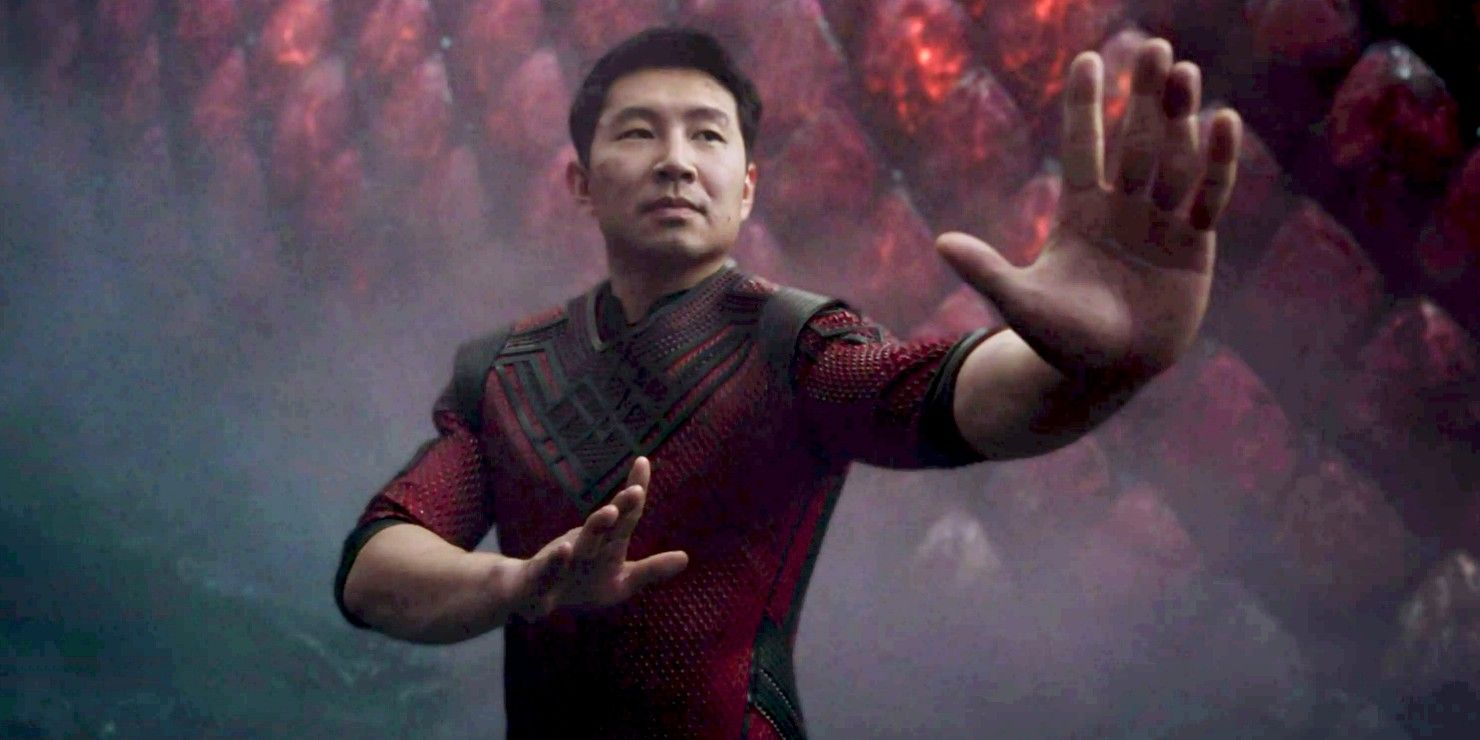
A judge on Thursday denied a motion by Peter Navarro, a former adviser to ex-President Donald Trump, to dismiss contempt charges over his refusal to comply with a congressional subpoena by the House committee investigating the Jan. 6, 2021, insurrection.
Navarro was charged with one count of contempt of Congress after failing to supply documents to the committee, and another for not showing up for testimony. He has pleaded not guilty.
He has asserted executive privilege to explain his behavior toward the panel, but U.S. District Judge Amit Mehta said Navarro’s claim to that authority is unsubstantiated and therefore he “cannot avoid prosecution for contempt.”
Navarro had said that Trump urged him to assert executive privilege over the House committee requests during a private conversation, but the former aide has not produced evidence to support this.
“His contention rests only on his counsel’s representations, which are not evidence,” Mehta wrote, according to a copy of the opinion published by CNN. “Without actual proof, the court cannot find that there was a formal invocation of privilege by the former President.”
The judge also denied that the panel should have reached out to Trump to confirm Navarro’s claim, saying that this burden belongs to the privilege holder — Trump.
“The court cannot dismiss an indictment for contempt of Congress on the mere presumption that President Trump would have asserted executive privilege if only he had been asked,” Mehta wrote.
While the Justice Department pursued charges against Navarro, it did not do the same with former White House chief of staff Mark Meadows and deputy chief of staff Dan Scavino, who also failed to fully cooperate with the probe.
Navarro said he was singled out as a “result of unlawful selective prosecution,” claiming he was “similarly situated” to the two. Mehta disagreed.
Meadows and Scavino received letters from Justin Clark, Trump’s counsel, calling on them to not reply to subpoenas from the Jan. 6 committee.
“Had the President issued a similar letter to Defendant, the record here would look very different,” Mehta wrote.
The judge added that both Meadows and Scavino had detailed communications with the committee over the subpoenas — as opposed to Navarro, who showed little interest in engaging with the panel.
“These interactions with the Select Committee stand in contrast to those of Defendant, who communicated with the Select Committee over a three-week period largely through terse emails and public statements,” Mehta said.
There are “valid differences” between the three men that can explain “their different treatment,” the judge argued.
Mehta also rejected Navarro’s suggestion that the contempt charges can’t stand because the House committee had too few members and no ranking member from the Republican Party.
Navarro’s trial is now expected to take place later this month.
In October, Former Trump adviser Steve Bannon was sentenced to four months in prison and fined $6,500 in legal fees after being found guilty of contempt for defying a subpoena from the committee.
The panel completed its work upon submitting its final report last month detailing Trump’s efforts to remain in office after he lost the 2020 election. The report included 11 recommendations to prevent any president from trying to undo an election again.



























































